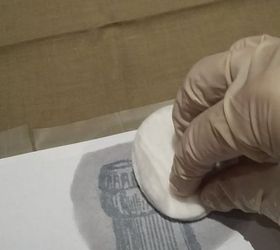

However, $20 million is a very small number compared with the business effectiveness of Coca Cola in Vietnam.Ĭoca-Cola entered Vietnam in February 1994. After being warned by the Vietnamese authorities, this firm was forced to "accept" profitable businesses to protect their reputation in the eye of Vietnamese consumers. Financial experts said that Coca-Cola Vietnam’s tax payment notice was a movement to protect its brand. Total taxes that Coca Cola paid in 2014 reached $20 million and its sales increased by 25%. In particular, its taxable profits in 2014 reached $16.6 million, doubling that of 2013 ($7 million). In a document sent to the HCM City People's Committee, Coca-Cola Vietnam said that after a prolonged period of losses, the business has been profitable. This makes Coca Cola the top suspect for transfer pricing. The accumulated losses in the last decade are $180 million.ĭespite continuous losses, in the next 3-year plan, Coca-Cola is still expected to invest another $300 million to expand business in Vietnam. In 2010 alone it reported a loss of VND188 billion, equivalent to $8.98 million in Vietnam. That helped the firm avoid paying taxes to the host country. For nearly 20 years doing business in Vietnam, this corporation has continuously declared losses. So far this company has yet to pay a single VND of corporate income tax.Ĭoca-Cola began investing in Vietnam in the early 90s. However, it is a big question for the public as a big firm like Coca-Cola has been reporting losses for years so as to not have to pay corporate income tax.Ī representative of the HCM City Tax Department said that Coca-Cola Vietnam ranks first in the tax agency’s list of suspects of transfer pricing for its losses for years.

Is Coca Cola is a typical case of transfer pricing? The answer will depend on the inspection results. It will collect and study transfer-pricing tactics used by foreign-invested companies in Vietnam. VietNamNet Bridge – The HCM City Tax Department has established forces to fight transfer pricing.


 0 kommentar(er)
0 kommentar(er)
